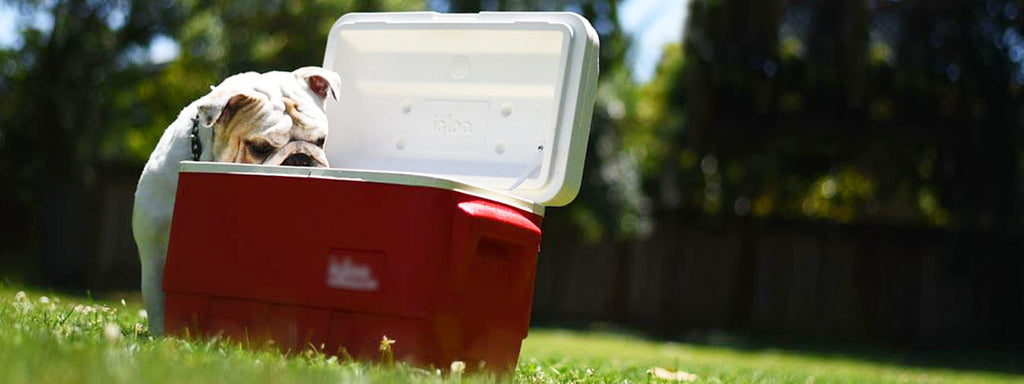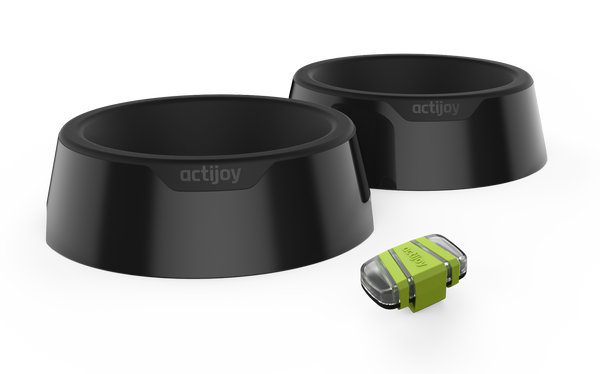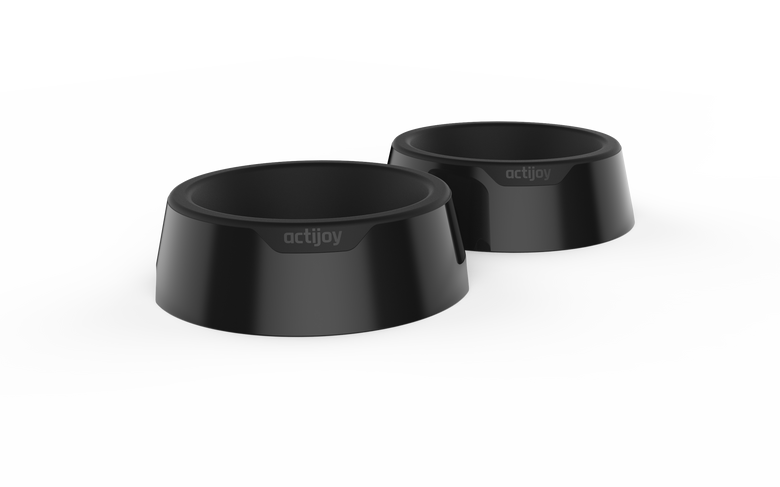Preventing Dog Obesity
Being "pleasantly plump" does not have to be a good thing for your dog. Learn how to diagnose, treat and prevent dog obesity!

Just as obesity is a growing problem among humans, it is also a concern with dogs. In fact, between 35 and 55,8% of dogs are either obese or are on the path to obesity. This is a serious concern, as an overweight dog is more likely to experience health issues such as problems with breathing and walking. In addition, an obese dog is less likely to be able to tolerate exercise or heat. Therefore, it is important to take a few steps toward keeping your dog healthy and trim.
Some diseases that can cause your pet to be overweight include:
- Diabetes mellitus - diagnosed by testing blood and urine glucose levels, a process that may require completing a series of blood glucose measurements in order to confirm the diabetes diagnosis.
- Hypothyroidism - diagnosed by testing for hormonal levels.
- Hyperadrenocorticism - diagnosed by testing for the dog's urine cortisol: creating ratio and by completing an ACTH stimulation test, which is a hormone stimulation test.
While your pet may appear to be "pleasantly plump" to you, those extra pounds can lead to a number of serious health problems that can cost you a great deal of money while also shortening your pet's life. By putting your pet on a healthy diet and exercise plan, on the other hand, you can be certain to enjoy your pet for years to come!
Diagnosing the Problem
Before putting your dog on any type of diet, you should first visit your veterinarian for a thorough examination. It is possible that your pet's excessive weight is caused by an illness that needs to be addressed. Therefore, your veterinarian will need to first cduct some routine blood work, which includes completing a serum profile, a blood ceonll count and a urinalysis.Some diseases that can cause your pet to be overweight include:
- Diabetes mellitus - diagnosed by testing blood and urine glucose levels, a process that may require completing a series of blood glucose measurements in order to confirm the diabetes diagnosis.
- Hypothyroidism - diagnosed by testing for hormonal levels.
- Hyperadrenocorticism - diagnosed by testing for the dog's urine cortisol: creating ratio and by completing an ACTH stimulation test, which is a hormone stimulation test.
Treating the Problem
In order to change your dog's diet and treat dog obesity, you will need to first assess its current intake of treats, foods and table scraps. You will also need to take a closer look at the amount of exercise your dog is currently getting. If your dog is taking in more calories than it is burning, it will continue to put on excess pounds. You can use some of a dog trackers and check if you have an active dog. That’s what the Actijoy Health & Activity Dog Tracker does. Plus you can add Actijoy WiFi Food & Water Dog Bowls and have a complete set for monitoring activity, food and water level. If you are feeding treats to your dog, cut those out of its diet and stick only to dog food. You might also need to purchase diet formulated dog food that will help to further decrease its calorie intake. Increasing the amount of fiber or water your dog consumes will also help it to feel full while reducing the amount of calories it consumes.While your pet may appear to be "pleasantly plump" to you, those extra pounds can lead to a number of serious health problems that can cost you a great deal of money while also shortening your pet's life. By putting your pet on a healthy diet and exercise plan, on the other hand, you can be certain to enjoy your pet for years to come!





